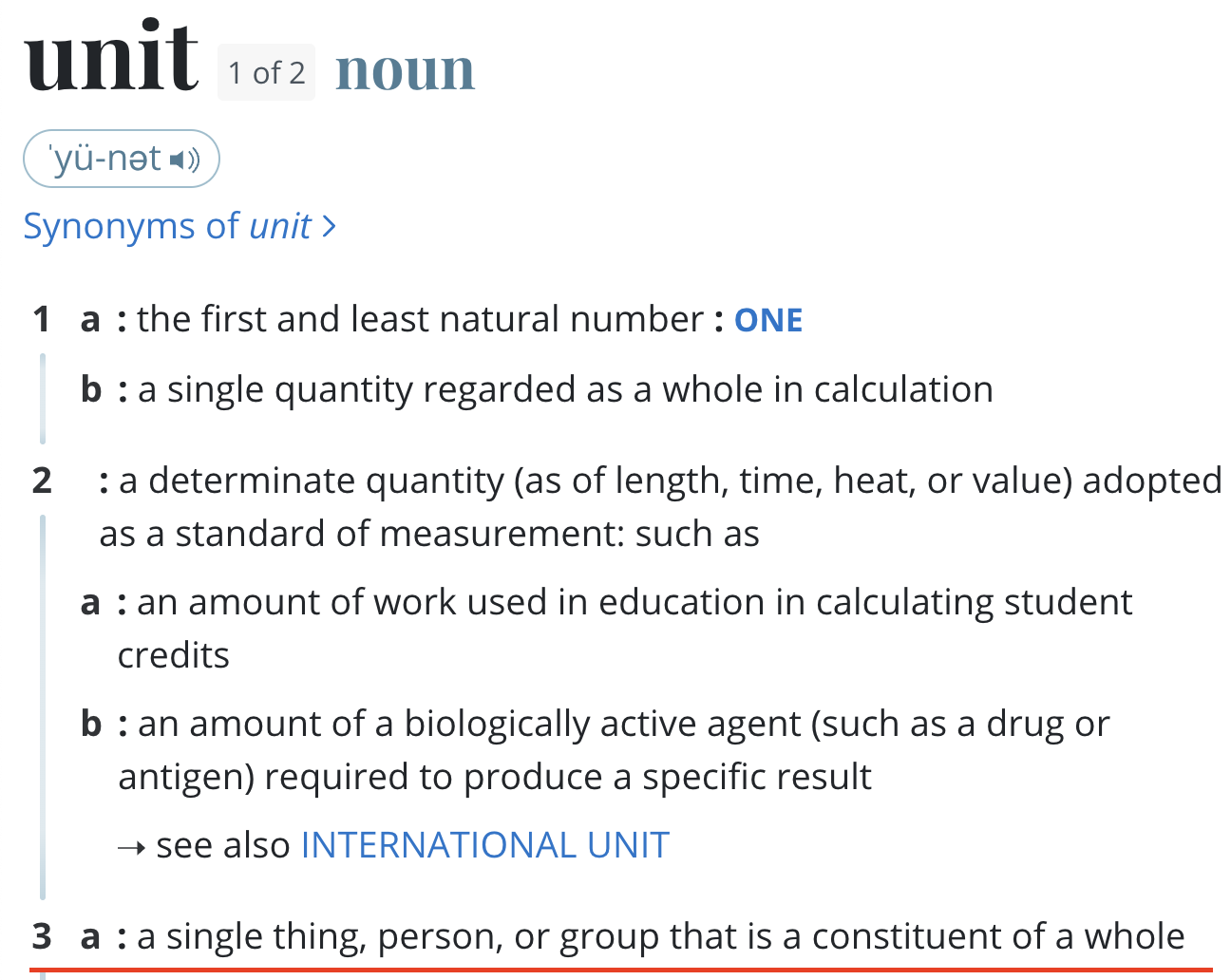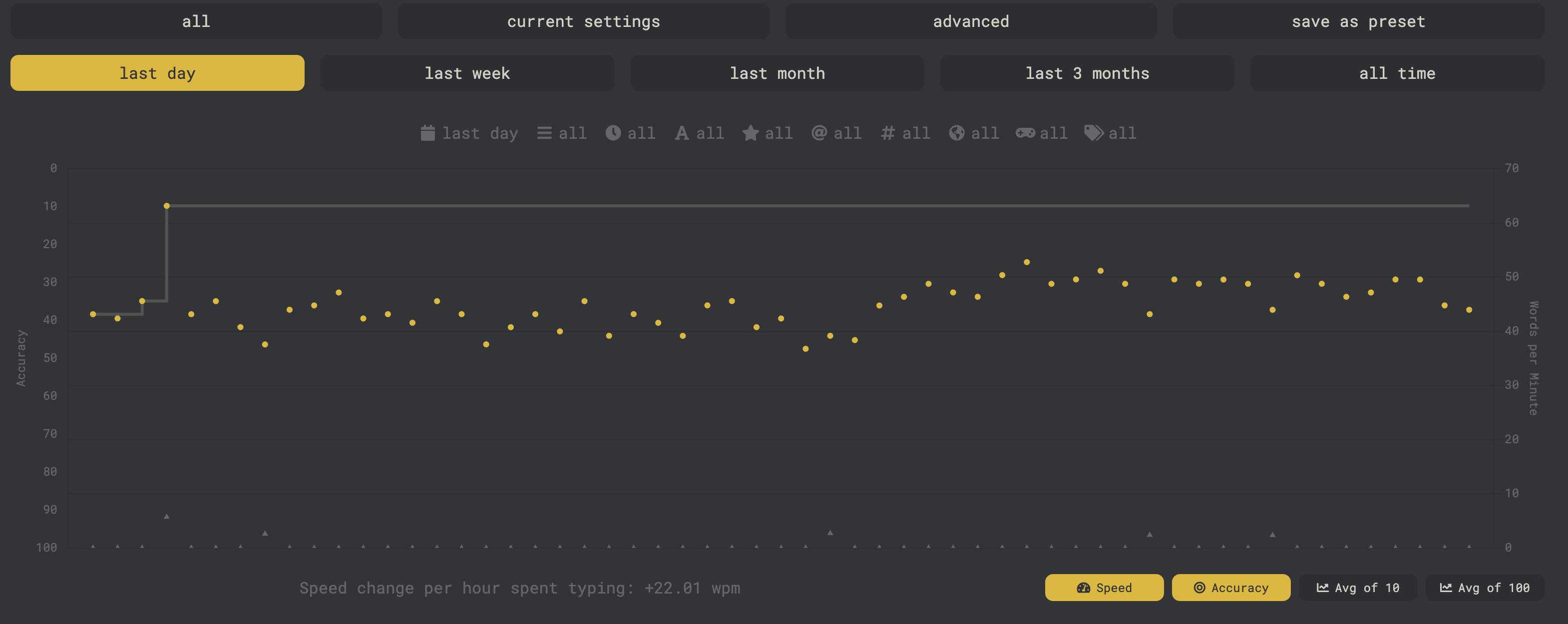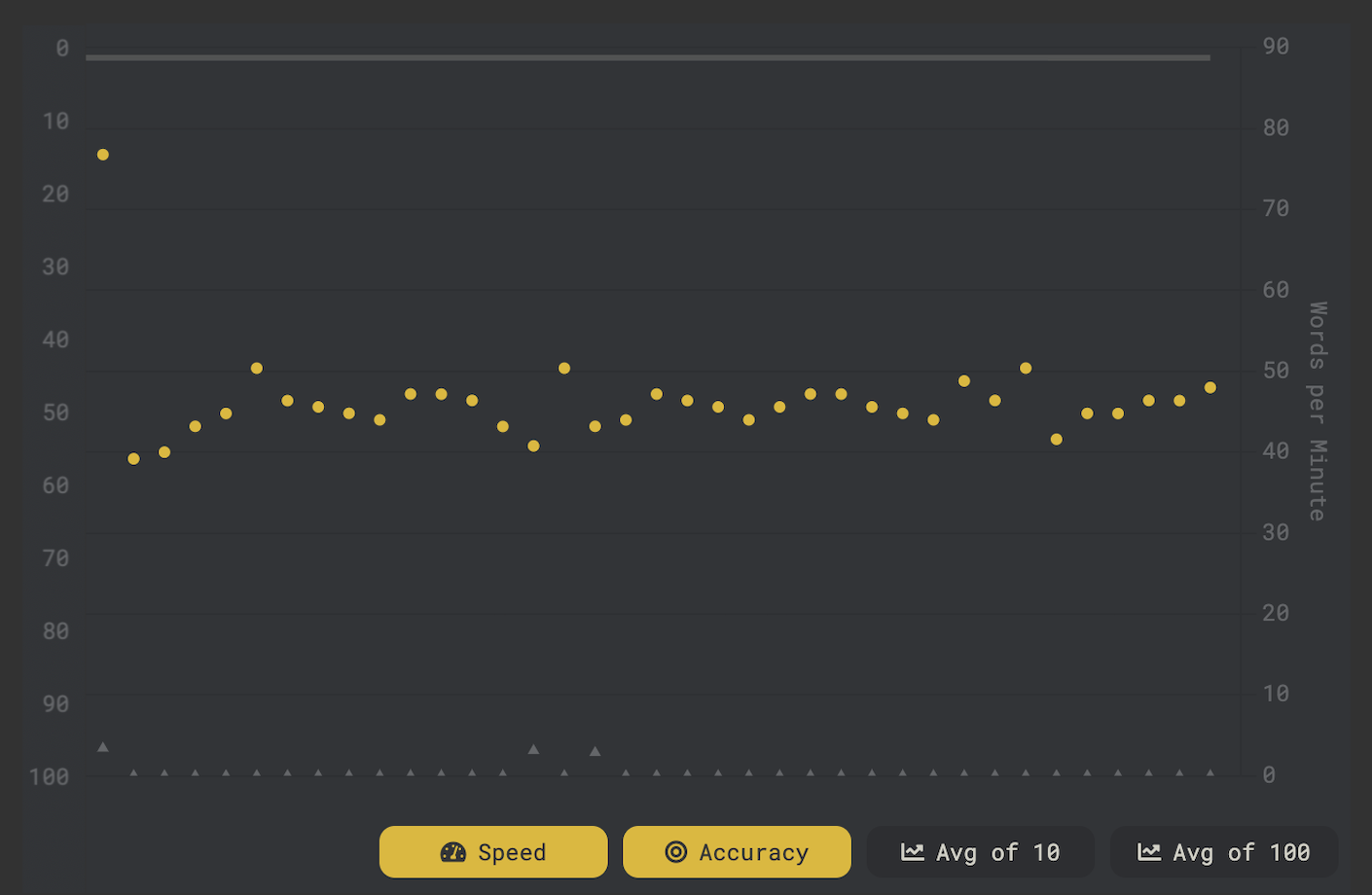I read the grammar article for 9 mins and worked on this post for about 15 mins
Grouping
Examples of groups: “My lunch” is a group with a sandwich, soup, and a drink.
That makes sense. The speaker’s lunch is a group cuz it has his sandwich, his soup, and his drink. You can talk about all those food items with one word.
A group can be viewed as one thing , one unit.
I saw what “unit” meant in Merriam Webster, I think it said something that is its own thing but can also be part something else.
Here is a picture of the definition I read(it’s marked in red):
We can’t think about hundreds of things at once, but we can think about three groups at once, even if they’re big groups (a pickle has over a billion trillion atoms, but it’s still easy to think about as one thing).
That’s true I can think about what I’m going to eat today by using the group words breakfast, lunch, and dinner.
A complete thought (clause) means a simple sentence. ”Clause” is the grammar word for “simple sentence”.
Ok, a clause is the grammar way to say simple sentence.
An incomplete thought (phrase) generally means a noun, verb, adjective or adverb, plus modifiers. It takes at least two phrases to make a sentence (a verb and a noun, the subject).
Ok, I think I see what a phrase means in grammar. It’s groups of words that can’t form their own simple sentence, but if you combine them they can make a clause.
Note: A phrase can be a single word. It’s not wrong, and sometimes convenient, to say that the subject of a sentence is always a “noun phrase” (a phrase which functions as a noun) because there’s nothing wrong with groups with only one thing in them.
That’s good to know. I was thinking: how small can one phrase be? Like can it contain one word?
I can only think of proper nouns like, “Joe” or “Elizabeth”. Those could be their own noun phrase.




